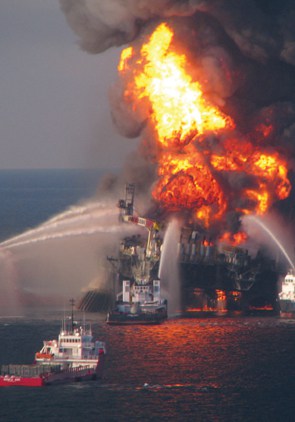The Liberal Party of New South Wales won last Saturday’s State election in a landslide. The New South Wales employer associations are jubilant but the jubilation masks some confusion over OHS reforms.
The new NSW government is being urged to act promptly on OHS reform issues particularly by the Australian Institute of Company Directors (AICD) and the NSW Business Council but the media statement of the AICD illustrates the confused understanding of the national OHS reforms. It says
“Reforms should include reducing the burden on business of excessive regulation, re-committing NSW to participate in the national reform of occupational health and safety laws and reducing the excessive liability burden imposed on company directors by state legislation.”
“The new government must move decisively in its first term to reduce unnecessary regulation and red tape, which is strangling business.”
It is acknowledged that the introduction of new OHS laws will substantially increase the need for paperwork in order to produce the evidence required to support compliance, due diligence and positive OHS duties on managers. It seems impossible to achieve OHS reforms with also accepting the increased documentation. Continue reading “Election excitement masks OHS confusion”






